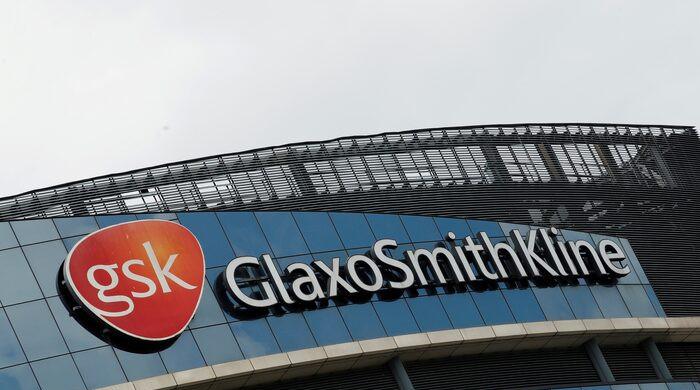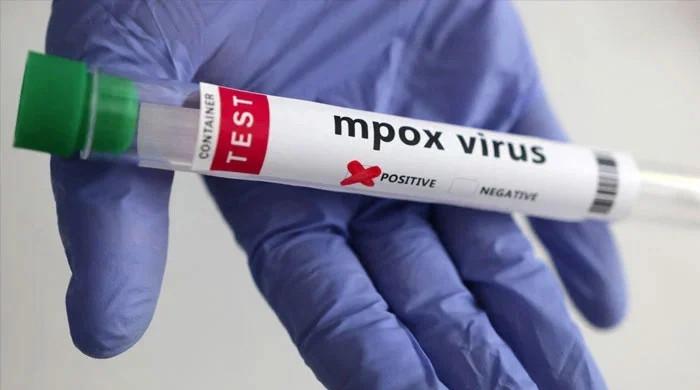Thyroid removal linked to increased bone-thinning, fracture risk
Researchers at four universities in Taiwan analyzed data
March 30, 2018

Thyroid surgery that totally or partially removes the gland may increase the long-term risk of bone thinning and bone breaks, especially for younger patients and women, according to a large study from Taiwan.
In particular, osteoporosis and bone fractures were much more likely in patients who received thyroxine treatment for more than a year after surgery, the study authors report in World Journal of Surgery.
“The incidence of thyroid cancer has been progressively increasing, resulting in an increase in the number of thyroidectomy operations,” said Dr. Ian Ganly of Memorial Sloan Kettering Cancer Center in New York City, who wasn’t involved in the study.
“This means there will be a corresponding increase in patients with osteoporosis and fracture,” Ganly said by email. “The findings from this paper could be used as an argument to treat such patients with observation (or delayed surgical intervention) rather than surgery.”
Researchers at four universities in Taiwan analyzed data in the national health insurance database for 1,400 patients who had all or part of their thyroid removed between 2000 and 2005 and 5,700 similar people who didn’t.
They considered age, sex and other health conditions such as diabetes, hypertension, obesity, heart disease, kidney disease, lung disease and cancers other than thyroid cancer. In particular, the research team also looked for a new diagnosis of osteoporosis or related bone fracture.
They found that 120 patients in the group that had thyroid surgery and 368 in the group without surgery developed osteoporosis or fractures. Overall, the risk was about 1.5 times higher for both the partial and total thyroidectomy patients. The risk was also higher in younger patients between ages 20 and 49 and women who had thyroid surgery.
“We believe it is the degree of thyroid-stimulating hormone (TSH) suppression which is the main cause for increased osteoporosis,” Ganly said. “Reducing the degree of suppression, particularly in low-risk thyroid cancer patients that account for the bulk of all thyroid cancer patients, would seem the most obvious first remedy.”
A limitation of the study is that it is a retrospective look at data that can’t control for variables such as steroid use, alcohol use, presence of rheumatoid arthritis, primary hyperparathyroidism and other factors that lead to decreased bone density and osteoporosis, said Dr. Maria Papaleontiou of the University of Michigan in Ann Arbor, who wasn’t involved in the study.
Future studies should look more closely at thyroid-stimulating hormone (or TSH) suppression therapy, which is currently the standard of care for patients with intermediate-risk and high-risk thyroid cancer, she said.
“TSH suppression therapy and overtreatment with thyroid hormone (both of which induce a state of hyperthyroidism) may have played a role in the development of adverse skeletal effects in these patients,” Papaleontiou said in an email.
University of Michigan researchers are conducting several studies in veterans to understand the possible links between thyroid overtreatment or suppression therapy and osteoporosis, she noted. They’re also surveying U.S. doctors to understand primary care physicians and specialists’ beliefs about thyroid hormone replacement therapy and bone density.
At the same time, she noted, current guidelines from national groups don’t recommend regular bone density screenings or osteoporosis treatments for patients who have undergone thyroid surgery.
“Decreased bone density may be multifactorial, physicians should use their experience and discretion in screening for and treating osteoporosis in these patients,” Papaleontiou said. “We should advocate for providing evidence-based patient care but by first doing no harm.”











